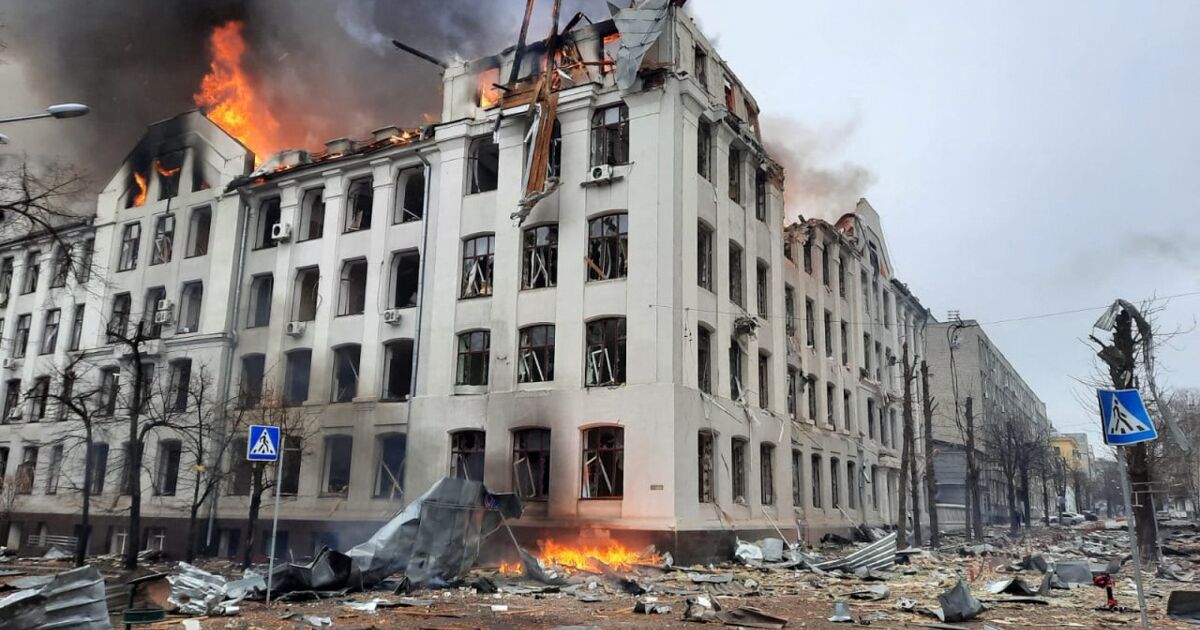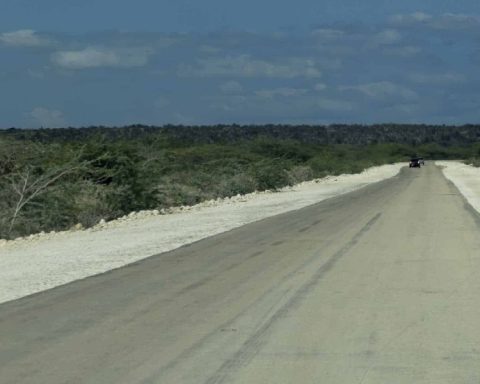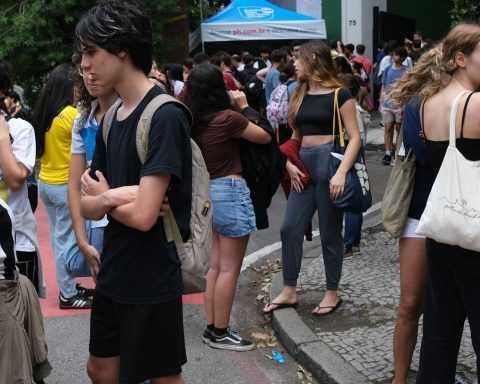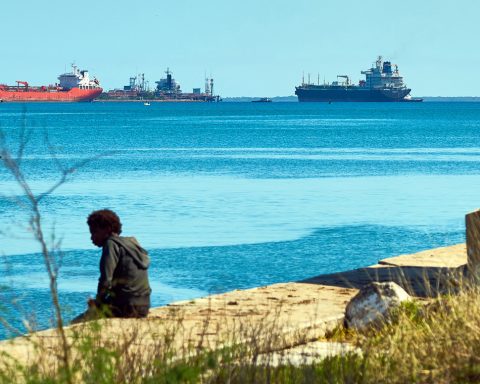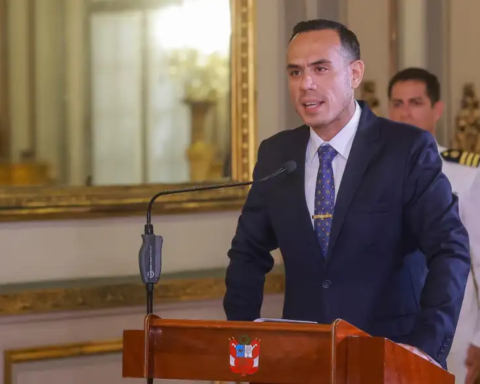The war will also force European governments to incur more debt to pay for the influx of immigrants and strengthen their armies, the NIESR added. He urged central banks to raise interest rates “only slowly as they assess the impact on confidence and activity from the war and its crisis, through energy, on real incomes.”
“The conflict in Ukraine puts further economic strain on a system under pressure from covid,” said Jagjit Chadha, director of NIESR. “Supply chains will be further fractured and monetary and fiscal policies will come under severe scrutiny.”
Russia will avoid a recession because the economic impact of the sanctions will be “partially offset by higher prices for oil and gas exports.”
However, GDP by the end of 2023 will be 2.6% lower than previously forecast, and the collapse of the ruble will push inflation up to 20%.
The impact on Russian GDP is only marginally larger than in the eurozone and the UK, which will end 2023 with GDP levels roughly 1.5% below previous projections, according to the entity. As growth slows, the cost-of-living crisis will intensify, the NIESR warned. UK inflation will average 7% this year and could drop to 4.4% in 2023.
If sanctions were to be stepped up to cut off Russian oil and natural gas shipments, the impact for Russia would be “serious”, but it would also increase “the chances of a recession accompanying significantly stronger inflation” in the EU. The bloc buys 40% of its gas from Russia.
